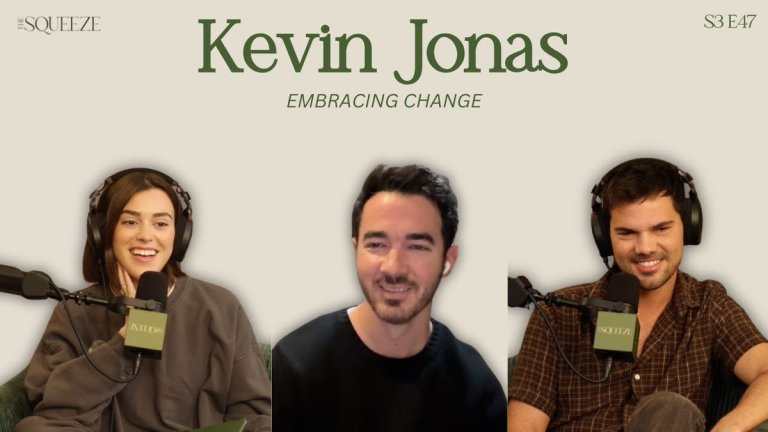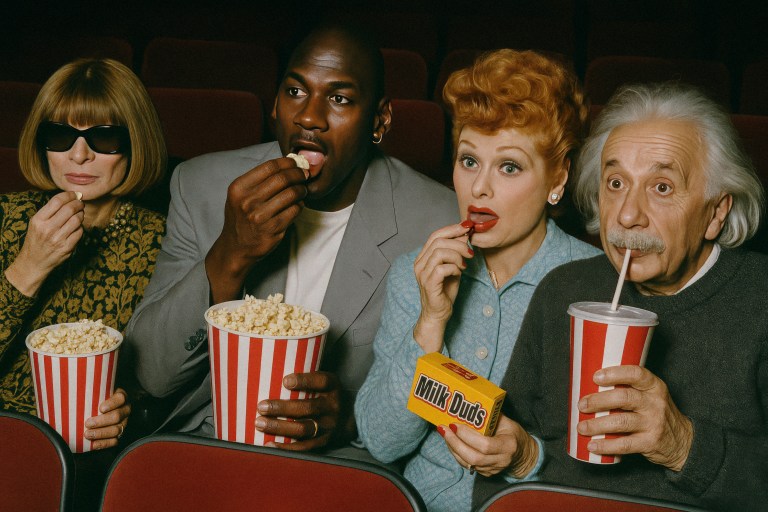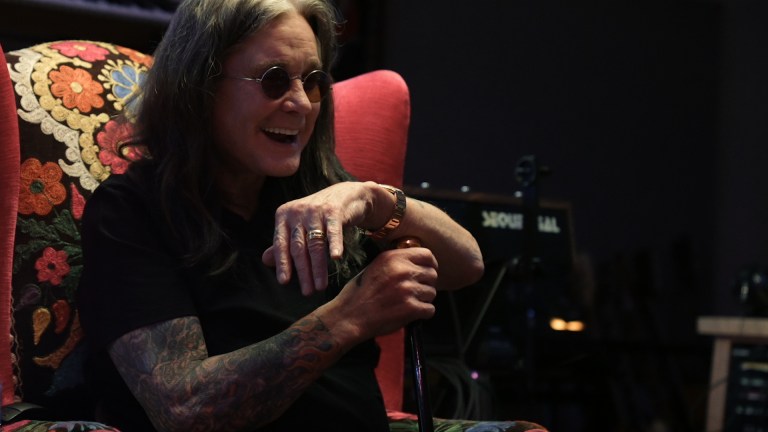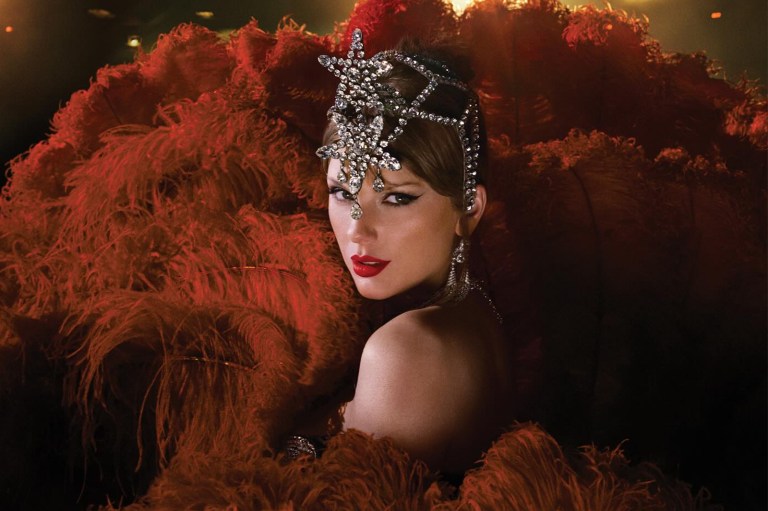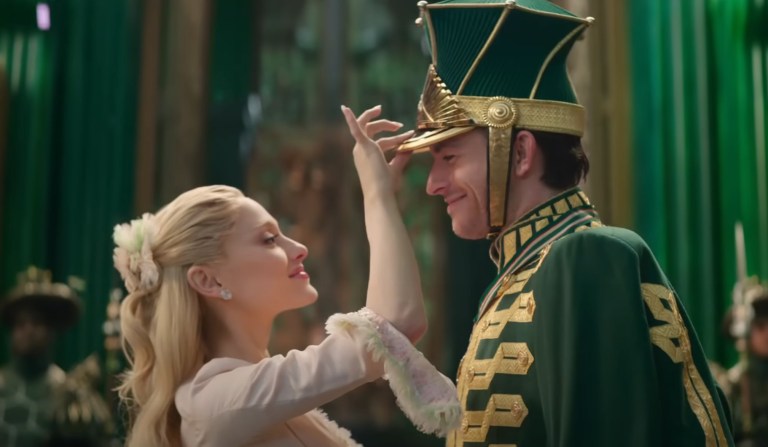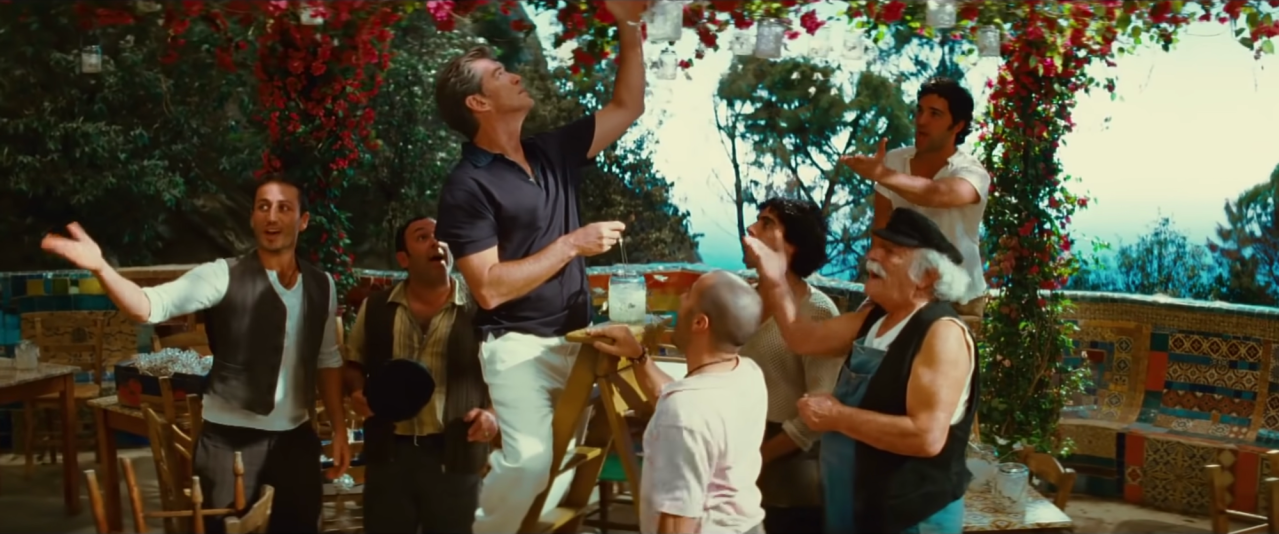
The 5+ Worst Movie Musical Casting Decisions
By ![]() Josh Lezmi
Josh Lezmi
Movie musicals are a challenge. Casting the right people is essential. Unfortunately, such productions often fall victim to terribly misguided casting decisions.
Movie musicals — whether original creations or on-screen adaptations of stage productions — often demand triple threats in leading roles. From intricate Bob Fosse-inspired choreography in the likes of Chicago and Sweet Charity to vocally-demanding roles like Effie White in Dreamgirls or Fanny Brice in Funny Girl, movie musicals require great attention to detail when it comes to casting decisions. Looking the part is not enough. Having the necessary disposition will not seal the deal. If you can’t sing it, you can’t seize it. If you can’t dance it, you can’t do it.
While Catherine Zeta-Jones nailed Velma Kelly in Chicago and Jennifer Hudson left our jaws on the floor in Dreamgirls, the same cannot be said for all movie musical casting decisions. So, here are the ones that left much to be desired.
Pierce Brosnan | ‘Mamma Mia’ (2008)
It should come as no surprise that Pierce Brosnan’s singing was greatly reduced in the Mamma Mia sequel. His “SOS” duet was rough (to say the least). The straining in his voice was immediately evident, as was his often off-key delivery. His voice wavers throughout the number, as he struggles to hit the notes, creating an off-putting and discordant sound — only more jarring against Meryl Streep’s powerful and controlled voice.
Brosnan does not have the range necessary for the ABBA hits, resulting in performances, that as a result of his flat vocalizations, fall flat emotionally. Brosnan is a strong actor, but he should stick to talking his lines over singing them. Brosnan shared that he was “very relieved” his singing was cut down in Mamma Mia: Here We Go Again, so at least there’s some self-awareness there.
Russell Crowe | ‘Les Miserables’ (2012)
When one is not a professionally- trained singer, it can be easy to fall victim to focusing so hard on the vocal performance that the acting suffers. In the case of Russell Crowe, he tries his best to rise to the occasion as Inspector Javert, but both the singing and acting fall flat.
Like Brosnan, Crowe’s singing feels forced and unnatural. When performing in a musical, the singing should feel as seamless as the dialogue to viewers. However, in Crowe’s case, it is abundantly evident that he is struggling. He does not possess the technical efficiency to vocally harness the emotions in songs like “Stars,” where Javert sings about his commitment to justice. The conviction is amiss because the emotional delivery relies on vocal acrobatics, whereas Crowe gives monotone detachment as he looks up into the sky. Though he retains the character’s solemnity in non-singing scenes, conveying Javert’s impending stature and formidable constitution, his singing pales in comparison to Hathaway and Jackman, making his deficiencies all the more apparent.
Madonna | ‘Evita’ (1996)
Madonna is a pop star with a pop star’s voice; meaning, taking that voice and putting it in a musical filled with Broadway power ballads may not be the most seamless transition. In short, her vocal delivery is too thin and light. There’s an airiness to her singing in the musical where power should be. Where the walls should be vibrating, we get a bit of a sing-songy whisper. Her take on “Don’t Cry For Me Argentina” is strained and overly breathy. The high notes are just too high, and it shows. And when she sings the title words, the intensity isn’t there. There is no gravitas. No soul-shattering epiphany. And, when you’re following in the footsteps of a vocal powerhouse like Patti LuPone, the standard is already through the roof.
Not to mention, Madonna was accused of projecting her own identity onto Eva Perón, resulting in a performance that felt inauthentic and shallow. Her accent was inconsistent, giving way to an impersonation that was more caricature than character. Remember what we said about triple threats? Madonna can’t exactly act, and her voice was wrong for the part.
Lucille Ball | ‘Mame’ (1974)
This one hurts. We love Lucy! But, as she would go on to say herself, she can’t sing. Yet, those in the biz wanted a star to play a star. Her singing is notably off-key in “Bosson Buddies” (one of the show’s most iconic numbers), and it lacks the oomph deep-rooted in Angela Lansbury’s take in the original Broadway production. Lansbury boasts power and precision; Ball boasts neither.
While Lucille Ball was always the best-of-the-best concerning over-the-top physical comedy and comedic timing, her take on Mame lacked the charisma, wit, and charm inherent to the character. Ball noticeably resorted to the slapstick delivery and grandiose physicality she had grown accustomed to relying on in her career, but Mame does not demand such a delivery. She demands a performance that isn’t afraid to rely on subtext. Mame is more subtle and nuanced: two words that have never been used to describe Ball.
Tom Cruise | ‘Rock of Ages’ (2012)
Long hair, black eyeliner, tattoos, and leather attire do not a rock star make. It may make for a stereotyped vision of one, but the glass-shattering, ceiling-destroying vocal power needs to be there too. We’re expected to believe Tom Cruise can be Stacee Jaxx — a man who sings Def Leppard and Bon Jovi songs? Give us a break. He may be Maverick, but he ain’t Mick Jagger. His vocals in “Wanted Dead or Alive” and “Pour Some Sugar on Me” are thin and lethargic. Where’s the intensity? Where’s that testosterone-fueled aggression?
He can’t embody the character. It never feels like Tom Cruise becomes Stacee Jaxx; rather, the consistent thought is, “Wow. Look at Tom Cruise, this huge movie star, take a shot at this.” The performance is one-dimensional, and the vocals are subpar, making it clear that his leading role in the movie musical was no more than stunt casting. And, with Chicago’s Catherine Zeta-Jones and Mary J. Blige in supporting roles, he was surrounded by individuals with stellar dancing and singing chops, making his weaknesses more obvious.
Honorable (or should we say dishonorable?) Mentions:
- Michael Douglas in ‘A Chorus Line’ (1985) — was not convincing as a director
- Elizabeth Taylor in ‘A Little Night Music’ (1977) – lacked the character’s melancholic nature, lending way to a listless performance
- Uma Thurman and Will Ferrell in ‘The Producers’ (2005) — zero musicality
- Daniel Day-Lewis in ‘Nine’ (2009) — possibly the one-and-only time the actor missed
